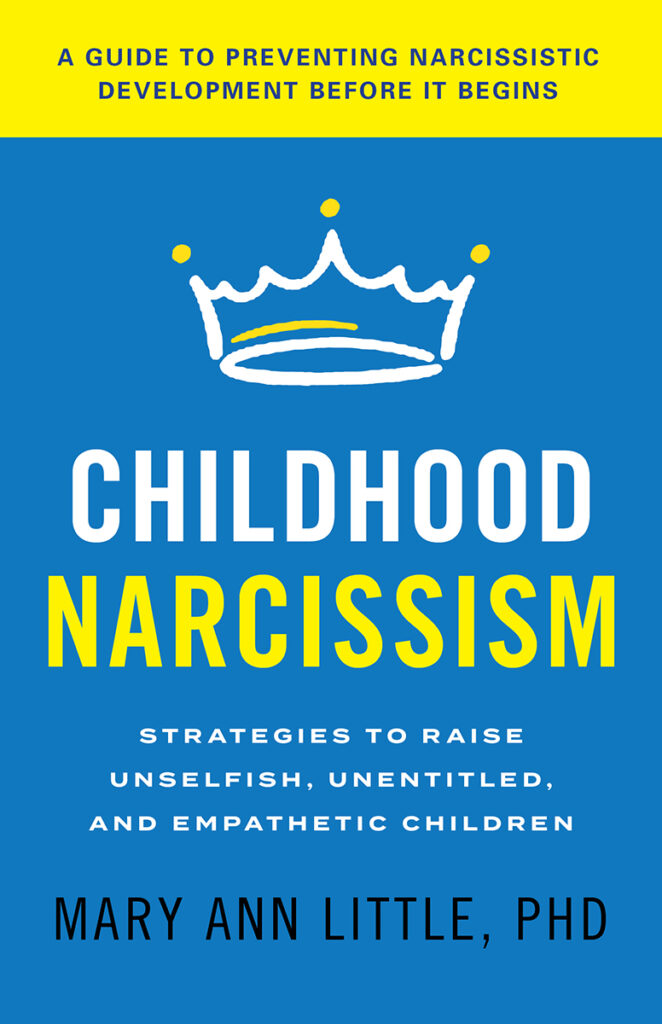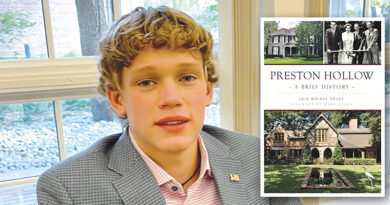Do You Want to Avoid Raising a Narcissist?
There is a good chance you have wondered if someone you know is a narcissist. You may also have wondered if the child down the street is a narcissist.
Narcissists are judged to be problematic whether in the workplace, home, or neighborhood and whether still young and developing, or fully grown. No parent wants to raise one.
Why is this? Full grown narcissists are hardwired to believe that they are better, more deserving, smarter, more attractive — whatever it might be — than others. Their superiority and selfishness make them a challenge to deal with. Their lack of empathy and lack of regard for the feelings of others interfere with relationships and make it likely that you, or someone you care about, will suffer hurt or disappointment if engaged with them.
Their character flaws make them poor partners, co-workers, or friends.
How do narcissists come to be?

Certainly, temperament and trauma may play a part. But narcissistic tendencies and traits are, in large part, taught, adopted, and anchored in childhood and adolescent experience and “education.” Parents can often, unwittingly, encourage narcissism in the child. Parenting styles that support the development of narcissism have become more predominant among all parents.
At the same time, cultural influences increasingly promote narcissistic values. Narcissistic messages are ubiquitous and their influence unavoidable: be beautiful, thin, rich, no matter how you get there; use people if it benefits you; take whatever you want because you need it; get ahead regardless of who you hurt in the process — the list is long and growing.
Such values are shortsighted and worrisome. Perhaps more importantly, they encourage narcissistic development in the child and, at the same time, undermine healthy parenting practices. By recognizing specific negative influences on the child and adolescent, informed parents can stop the development of narcissism.
The failure of specific abilities, such as empathy, to develop, and the failure for other traits, such as self-centeredness, to lessen may indicate that your child is not maturing in healthy ways.
What can parents do?
The key to avoiding narcissism is to build structures that counter unhealthy tendencies. These include helping your child build: a healthy model of the self, a steady ability to regulate emotions, an accurate capacity to take in and process information, and a positive model of love and relationships. Specific strategies can help parents succeed in doing this.
Four parent types are thought to promote narcissism in children: hovering/directive, indulgent/permissive, critical/harsh, and inattentive/disengaged. Each produces predictable behaviors ranging from the child becoming entitled to manipulative, superior to disengaged.
The healthy alternative involves positively directed parenting that provides neither “too much” nor “too little” of essential elements including affection, valuation, limits, direction, and engagement.
“Moderation” parenting proves to be the key concept.
Dr. Mary Ann Little, a clinical psychologist with four-plus decades of private practice, grew up in the Park Cities, lives in Preston Hollow, and serves as an adjunct professor at the University of Texas Southwestern Medical Center at Dallas. Her new book, scheduled for release Nov. 11, explores the development of narcissism in children and adolescents and shares strategies to avoid raising a narcissist.







